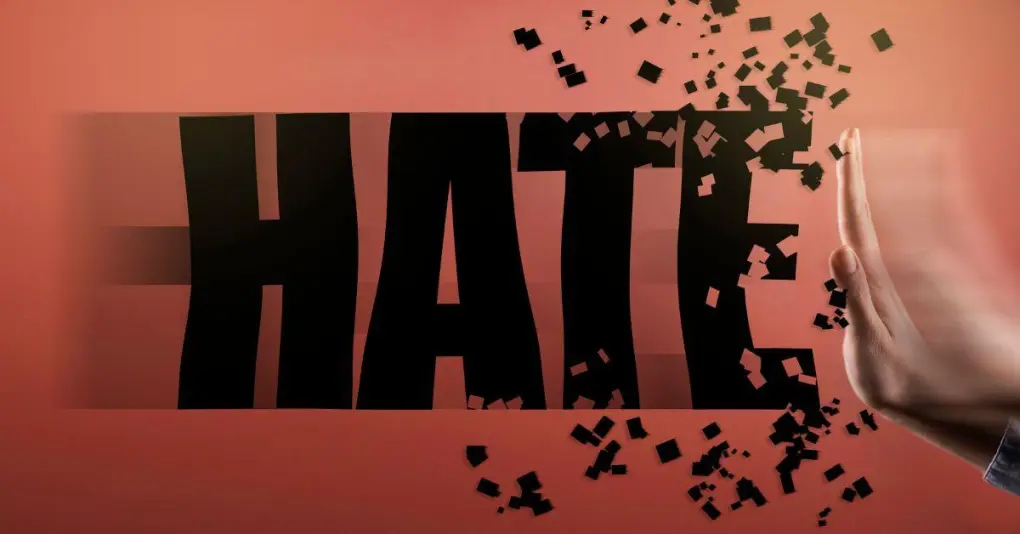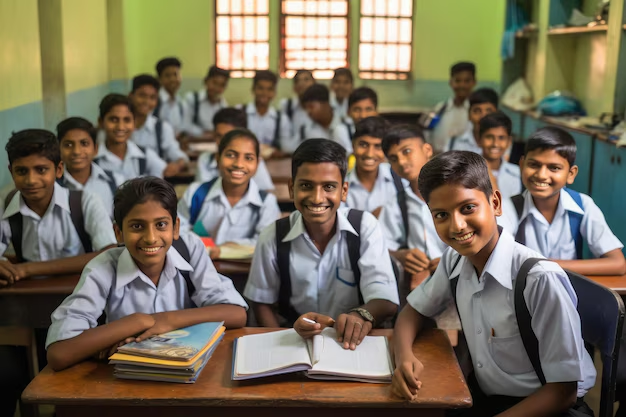
A troubling rise in hate crimes worldwide has become a focal point of international concern, highlighting deep-rooted societal divides and growing intolerance. From racially motivated violence to religiously charged incidents, these crimes are leaving profound scars on communities and demanding urgent intervention.
Understanding the Alarming Trends
Hate crimes, often defined as acts of violence or hostility driven by prejudice, have surged in recent years. In countries like the United States, the FBI reported a 30% increase in hate crime incidents in 2023, with racial bias accounting for a significant majority. Similarly, in Europe, anti-Semitic and Islamophobic attacks have risen sharply, as reported by the European Union Agency for Fundamental Rights.
The situation in Asia and Africa is no less concerning, with ethnic conflicts and religious intolerance fueling violence. Social media platforms have often been criticized for amplifying divisive rhetoric, contributing to the spread of hate speech and enabling perpetrators to mobilize.
Root Causes
Experts attribute the rise in hate crimes to several factors, including:
- Polarized Politics: Increasing political divisions and the rise of far-right ideologies are fostering environments where hate thrives.
- Economic Uncertainty: Financial crises and unemployment have historically been linked to scapegoating of minority groups.
- Misinformation: Social media platforms play a dual role as a tool for awareness and a medium for spreading fake news that incites hatred.
Global Responses and Initiatives
Governments and organizations worldwide are stepping up efforts to counteract this disturbing trend. New legislation, enhanced police training, and stronger community engagement programs are being implemented to address hate crimes. In the U.S., for instance, the Biden administration introduced a dedicated task force to combat violence against Asian Americans and Pacific Islanders following a spike in attacks during the pandemic.
In Europe, initiatives like the EU Anti-Racism Action Plan aim to tackle systemic discrimination, while grassroots organizations in countries like Germany and France are providing support to victims. Additionally, tech companies are being urged to take greater responsibility in regulating hate speech and misinformation on their platforms.
The Path Forward
While these efforts are commendable, experts emphasize the need for a more comprehensive approach. Education campaigns to foster inclusivity, stricter enforcement of anti-hate laws, and collaborative efforts between nations are crucial to curbing hate crimes.
The global community faces a stark choice: address the roots of hate or risk deeper societal fractures. Only through collective action can we hope to build a future defined by unity rather than division.






